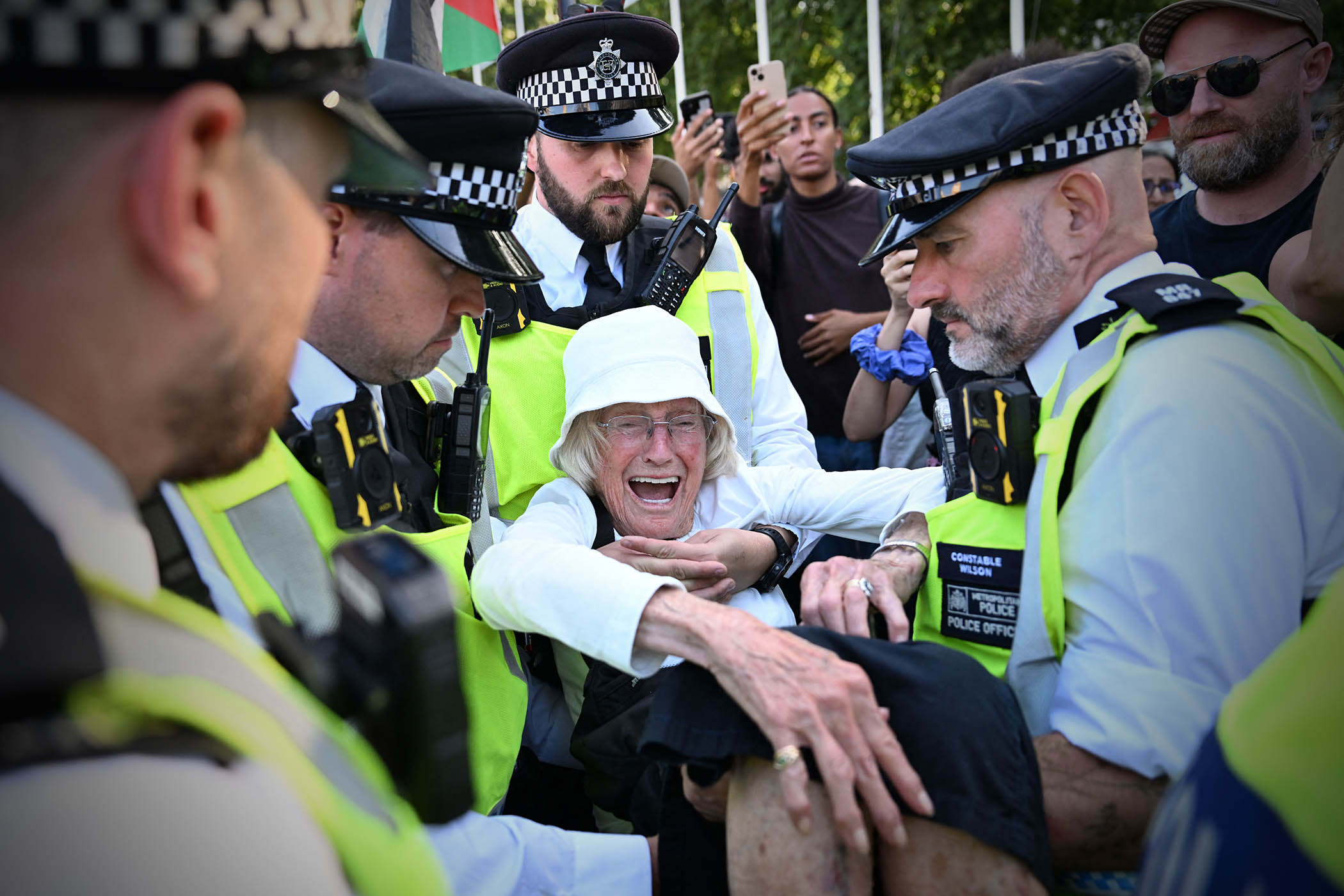Shabana Mahmood, the home secretary, has announced sweeping changes to the British asylum system that she says will “unite a divided country”.
So what? They may tear her own party apart. A number of Labour MPs have come out against the proposals, detailed in parliament yesterday afternoon, on the grounds that they
•
are draconian and potentially unworkable;
•
may make it even harder for refugees to integrate into British life; and
•
could play into the hands of Nigel Farage and his surging Reform Party.
The changes. Labour wants to make refugee status temporary and subject to review every 30 months, narrow the appeals process by changing how the European Convention on Human Rights is applied in court cases, and impose visa bans on countries that block returns. The UK has identified three African nations at risk of sanction.
Changes you’ll hear less about. The government is also creating three safe and legal routes for refugees. “I do believe in offering sanctuary to people who are in desperate need and I think that is part of who we are as a country and we want to do that,” Mahmood told The Observer.
Enver Solomon from the Refugee Council said the plan would be “meaningless” without targets for how many will be accepted through these routes.
The intention. Labour’s new asylum model is designed to reduce the number of people coming to the UK on small boats. Nearly 40,000 people have crossed the Channel this year, slightly behind the record pace set in 2022.
The inspiration. Denmark’s tough approach has seen asylum claims fall by nearly 90 per cent over the past decade. Policies include long wait times for permanent residency, restricting the ability to bring in family members, and allowing the state to demolish housing estates where at least half of residents are from “non-western” backgrounds.
On the right flank. These measures have been an electoral success. The centre-left Social Democratic Party has won the last two general elections, while support for the far-right People’s Party has dropped from 21 per cent to 4 per cent. This has been attributed to migration becoming a less salient issue to voters after the Social Democrats took their hardline stance.
Different strokes. That doesn’t mean Reform, which is polling 7 points ahead of Labour, can be blunted in the same way. Farage said that Mahmood “sounds like a Reform supporter” and will be prevented from getting her way by the ECHR and her backbenchers.
Mutiny ahead. He might be right. The changes need to pass through parliament and have already been criticised by more than a dozen Labour MPs, including
•
Nadia Whittome, who said they were “dystopian” and “cruel”;
•
Richard Burgon, who called them “morally wrong” and “politically disastrous”; and
•
former immigration lawyer Tony Vaughan, who urged the government to “think again”.
New bedfellows. The disquiet was amplified by far-right activist Tommy Robinson, who endorsed Labour’s plans and said the Overton window had been “obliterated”.
The people. Mahmood may again point to the Danish government, which faced an outcry over its proposals from human rights groups but kept the public on side. YouGov polling suggests British voters are more worried about migration than the state of the economy.
Moral snafus. By making refugee status conditional, Labour may make it even harder for migrants to integrate into British life, while alienating those who are desperate for help.
Practical snafus. Constantly reviewing the status of refugees will add to the Home Office’s load, while the possibility of removing financial support from families rejected for asylum flies in the face of laws protecting children in Britain from being left in need.
Numerical snafus. The government also risks overstating the ability of its plans to reduce migration. Changing how the ECHR is applied, for instance, is likely to have minimal effect. Only 2.5 per cent of asylum seekers deported from the UK challenged their removal under article 8, which enshrines the right to family life and has become a political talking point.
To that end, Labour’s new model may not move the needle when it comes to ensuring the UK-France returns deal works at scale, clearing an appeals backlog of more than 50,000 people, and reducing the use of asylum hotels.
What’s more… Refugees are one part of a bigger picture. There were 111,000 asylum claims last year, a fraction of the total number of people who migrated to the UK.
Photograph by Gary Calton for The Observer.



